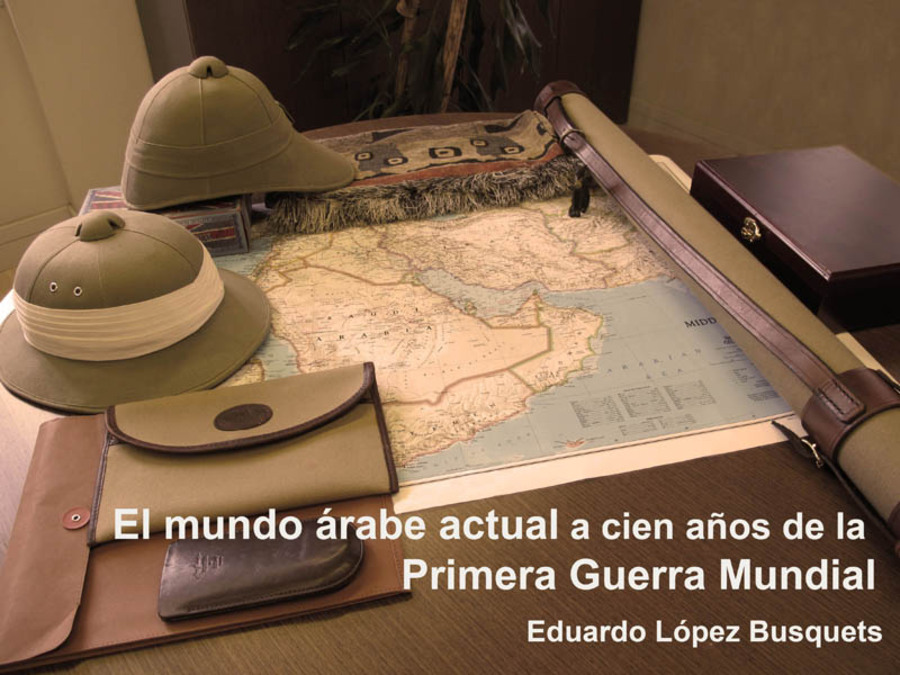Conferences and debates
Index / Activities / Conferences and debates / Alicante hosts a conference on the Arab world after the World War I
Alicante hosts a conference on the Arab world after the World War I
February 24, 20157.00 pm
ALICANTE
Casa Mediterráneo headquarters (Benalua Train Station).
7.00 pm
Free entrance until the event’s capacity is reached
Eduardo López Busquets, the Director of Casa Árabe, will be explaining the Arab dimension of the conflict at Casa Mediterráneo headquarters
On the occasion of the commemoration of the one hundredth anniversary of World War I, Casa Arabe and Casa Mediterráneo are organizing the conference “Today’s Arab World one hundred years after World War I”, that provides an overview of how the Middle East region found itself involved in that war. The General Director of Casa Árabe, Eduardo López Busquets, will be commenting on a series of events whose importance has not been sufficiently studied.
On the one hand, there was the Turkish-Italian War of 1911, which took place in modern-day Libya, considered the precedent of the breakout of World War I. On the other hand, there was the Sykes-Picot Agreement of 1916, which led to the definitive dismemberment of the Ottoman Empire. This would not have been possible without the prior Arab revolt encouraged by a British archeologist who later became a soldier, Lawrence of Arabia. That agreement, along with the later Balfour Declaration of 1917, would do away with the aspirations of creating an Arab state.
The contemporary history of many Arab states is the legacy of the geopolitical map resulting from that dispute. The civil war in Syria cannot be properly understood without knowing about the events that preceded World War I. For their part, neither Saudi Arabia nor the Gulf States would exist as they do today if they had not formed part of the British colonial policy after the war. Turkey’s role in the region is also marked by the breakup of the Ottoman Empire, which took place when the war came to an end.

